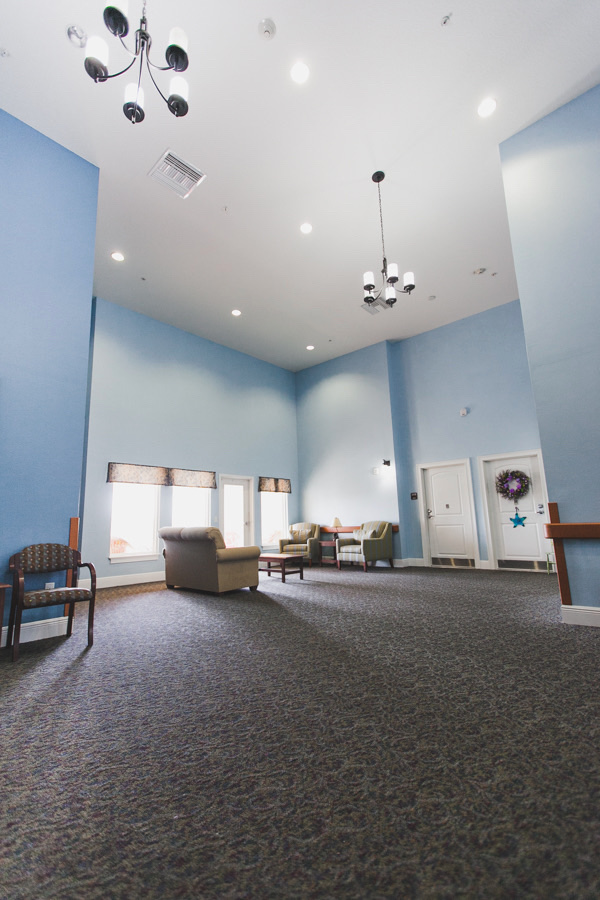Although the thought of moving your loved one with dementia, Alzheimer’s, or other cognitive impairments into a memory care facility may seem like an incredibly difficult task, it is actually a much smoother process than you may think. During this life change, it is important to remember why it is happening – for the best interest of your loved one. Memory care facilities are specially designed to meet all of the needs of those with memory problems or impairments and often can be the safest place for them to live.
Once you and your loved one’s doctor have decided that it is time to start making the move into memory care, it is important to consider the following tips at each stage of the process:
Preparation
- Take a tour of the facility that you have chosen to familiarize yourself with its inner workings. Get to know the staff and feel comfortable with the daily activities in the facility. Keep in mind that most memory care units are housed in assisted living facilities, meaning a lot of the same advice on moving into assisted living applies.
- As their memory problems progress, determining what your loved one wants will become more difficult. Talk with your loved one, if they are able, to find out what kind of living arrangement and preferences they may have to ensure that they are happy with the facility that you choose.
- Provide the staff members with a detailed list of your loved one’s medical history, mental health history, and a detailed list of all of their medications.
Moving Day
- Stick to your loved one’s normal routine as much as possible. Plan the actual moving time around their best and most lucid time of day. However, keep in mind that moving in the morning would give you the most time to get them settled in their new room.
- Make their new room look and feel as close as possible to home. Familiarity is key, so bring meaningful possessions and decorate the room with their favorite furniture. Photographs of family and friends will provide your loved one with familiar faces that they can enjoy – they also act as a unique resource for those with memory problems.
- Once the unpacking is complete, allow your loved one a bit of time to get acclimated before you leave. Have a conversation with their new caregivers to find out how to best accomplish this task. Try setting up a tentative calendar to let them know when you will be visiting also.
Post-Move
- You may feel feelings of guilt, loss, or even grief after moving your loved one into a memory care facility – and it is totally normal. It is important to remember that they will be receiving the care that they need.
- Be sure to stay involved in your loved one’s life after they move. It may take them a few months to get fully adjusted, and visits from loved ones will help them through this transition.
Dealing with a loved one who has memory impairment may be difficult, but choosing the right memory care facility can help make the most of the situation. For more information on Angels Senior Living memory care, contact us today!






